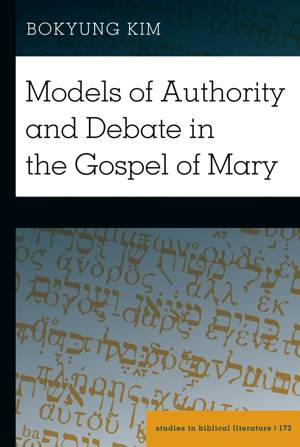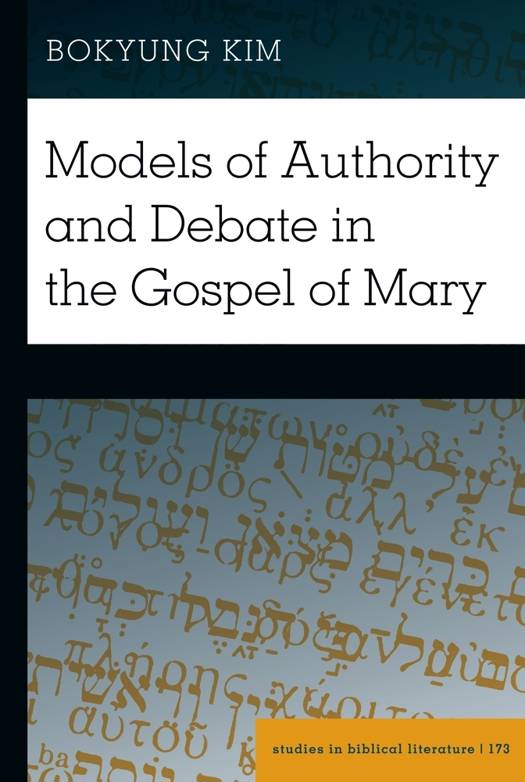
- Retrait gratuit dans votre magasin Club
- 7.000.000 titres dans notre catalogue
- Payer en toute sécurité
- Toujours un magasin près de chez vous
- Retrait gratuit dans votre magasin Club
- 7.000.000 titres dans notre catalogue
- Payer en toute sécurité
- Toujours un magasin près de chez vous
Description
This book takes a narrative-critical approach to the meaning and function of debate in the Gospel of Mary. The debate scene in the Gospel of Mary has been interpreted with the assumed framework of the Gnostic-orthodox conflict and feminist biblical studies' particular interest in the gender issue. When approached narrative-critically, the portrayal of the debate is fundamentally concerned with the narrative's rhetoric of persuasion. The function of the debate scene is meant to make truth-authority claims by appealing to the authority of divine revelation and the authority of the shared knowledge about Mary, the Savior's favorite, according to the two models of authority, which were widely used in antiquity (i.e., revelatory authority and literary authority). Scholars and students who are interested in early Christian texts and methods of interpretation could use this book to gain a new look into the meaning of the texts, especially the roles of the interactions among the characters.
Spécifications
Parties prenantes
- Auteur(s) :
- Editeur:
Contenu
- Nombre de pages :
- 136
- Langue:
- Anglais
- Collection :
- Tome:
- n° 173
Caractéristiques
- EAN:
- 9781433175268
- Date de parution :
- 24-06-20
- Format:
- Livre relié
- Format numérique:
- Ongenaaid / garenloos gebonden
- Dimensions :
- 150 mm x 225 mm
- Poids :
- 289 g







